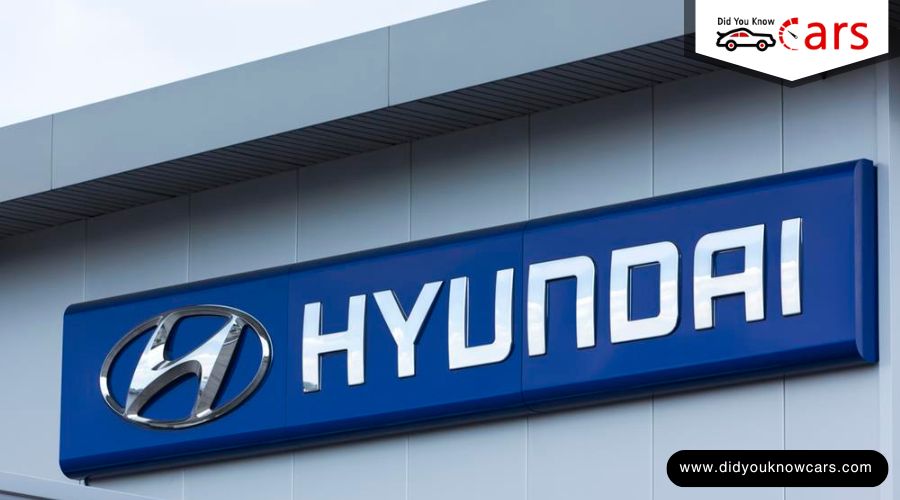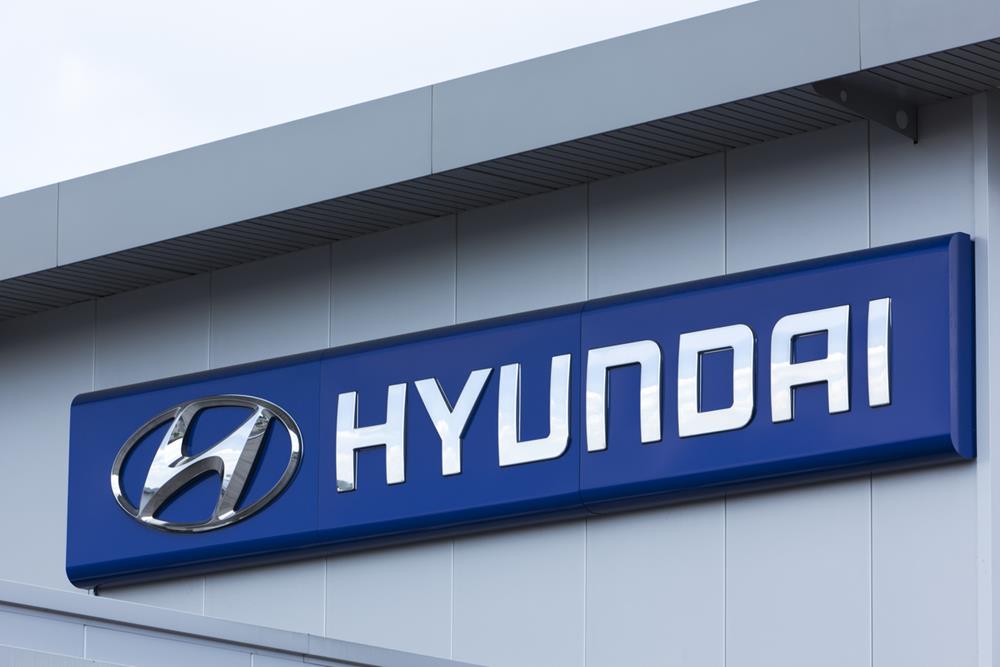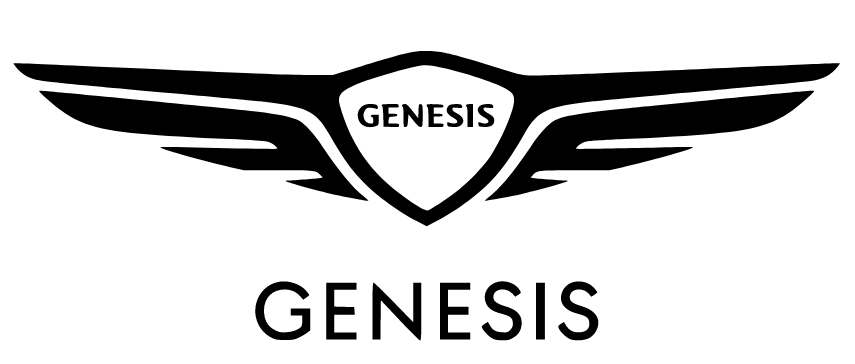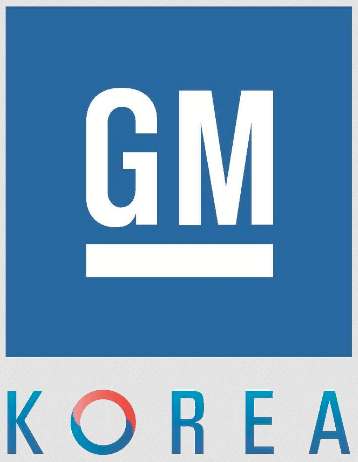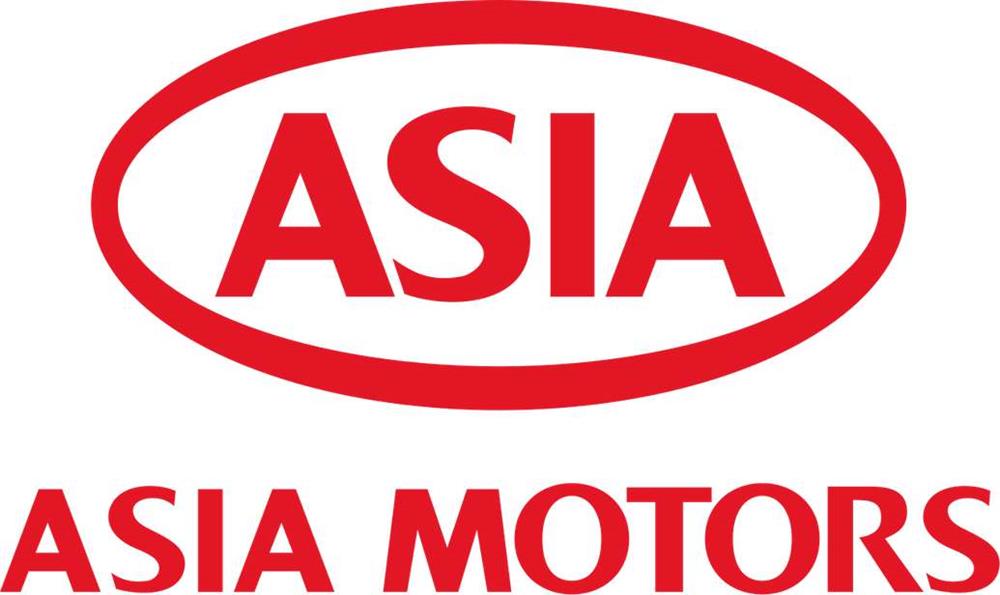What Are the Different South Korean Car Manufacturers?
South Korea’s journey from a producer of budget vehicles to a hub of automotive innovation and luxury is a remarkable story of transformation. Gone are the days when South Korean cars were known merely for their affordability and extended guarantees.
Today, they stand tall as global leaders in the automotive world, featuring a range of highly desirable models and pioneering electric vehicles (EVs). Even in the realm of supercars, South Korean brands are making strides, challenging long-established players. Let’s delve into some of the most prominent South Korean car brands, each with its unique history and contributions to the automotive industry.
Major Korean Car Manufacturers
Hyundai Motor Company
Hyundai Motor Company, founded by Chung Ju-Yung, has grown from its humble beginnings to become one of the world’s largest and most recognized car manufacturers. Starting off as a modest venture in 1967, it eventually became a global giant with an extensive range of products. The company also had a history of achieving remarkable milestones, like being the first to make South Korea’s first mass-produced car.
The company’s first car, the Cortina, was released in cooperation with Ford Motor Company in 1968. However, it was the introduction of the Hyundai Pony in 1975, the first all-Korean car, that set the stage for Hyundai’s future success.
Today, Hyundai is known for a diverse range of vehicles that blend quality, affordability, and innovation. Models like the Sonata and the Santa Fe and the eco-friendly Ioniq line have solidified Hyundai’s reputation in the global automotive industry. The brand’s commitment to sustainability is further exemplified by its foray into electric and hydrogen fuel cell technologies, positioning Hyundai as a leader in the future of green transportation.
Kia Motors
Founded by Kim Chul-ho as a bicycle parts maker in 1944, Kia Motors has evolved into a major global automotive force. Kia’s name, meaning ‘to arise out of Asia’ in Chinese, aptly reflects its global rise. Known for reliable vehicles, Kia has recently revamped its image, sporting a new logo and emphasizing elegant and futuristic designs.
Over the years, the company diversified into making bicycles, motorcycles, trucks, and eventually cars in 1974. Their collaboration with Ford and Mazda in the mid-1980s led to the production of models like Kia Pride and Kia Avella. Despite facing bankruptcy during the 1997 Asian financial crisis, Kia rebounded with help from Hyundai Motor Company, which now holds a significant stake in the business.
Kia is known for balancing quality with affordability, offering various models catering to various market needs. The Sorento SUV and Rio exemplify Kia’s ability to combine practicality with style, while their ongoing innovation positions them as a forward-thinking and customer-oriented brand in the automotive world. Models like the EV6 and EV9 showcase this new direction, featuring sleek, modern lines reminiscent of sci-fi movies. Even their popular Sportage model received a stunning makeover in 2023, blending affordability with stylish, curvaceous design.
Genesis Motors
Emerging as Hyundai’s luxury division in 2015, Genesis Motors swiftly entered the competitive luxury car market. It’s the country’s luxurious answer to brands like Mercedes-Benz. Since its launch in 2015, Genesis has been industriously crafting a range of vehicles, including the sporty G60 and G70, as well as the more elegant G80 and G90 models. These cars, ranging from sports sedans to suave coupe SUVs, are designed with a keen eye for aesthetic refinement and luxury.
Genesis blends sophisticated design with cutting-edge technology. It stands as a fresh face in the luxury car market, quickly becoming a formidable competitor to established luxury German brands. With its commitment to design and quality, Genesis is not just driving on the same roads as its German counterparts but is swiftly becoming a choice for luxury car enthusiasts.
GM Korea (formerly Daewoo Motors)
Daewoo Motors, established in 1982 as a division of the Daewoo Group, quickly made a name for itself in the global automotive market, especially with models like the Daewoo Lanos and the Daewoo Matiz, the latter becoming a top seller in the late 1990s. However, the Asian financial crisis brought financial challenges for the entire Daewoo Corporation, leading to the sale of Daewoo Motor’s assets to General Motors.
Since this transition, the company operated as GM Daewoo before rebranding to GM Korea in 2011. Based in Bupyeong-gu, Incheon, South Korea, GM Korea continues its operations with five production facilities in South Korea and an assembly plant in Vietnam. This evolution marks GM Korea’s ongoing presence in the automotive industry, adapting and growing despite past challenges. GM Korea continues to innovate, signifying the resilience and adaptability of the South Korean automotive industry in the global market.
Smaller and Specialized Manufacturers
SsangYong Motor Company
SsangYong, a South Korean car brand, started its journey as the Hadonghwan Motor Company in 1954. The company initially manufactured Jeeps for the US Army. In 1988, during the year of the Dragon, according to the Chinese calendar, it was acquired by the Ssangyong Business Group and renamed SsangYong Motor.
Now owned by Mahindra & Mahindra Limited, SsangYong specializes in making vehicles like SUVs, RVs, and 4x4s. Models like the Rexton and Korando have become synonymous with durability and style, showcasing the brand’s ability to blend rugged performance with refined aesthetics. The brand’s emblem, featuring two intertwined, soaring dragons, reflects its name, which translates to “two dragons.”
Despite facing financial difficulties, including nearing bankruptcy in late 2022, SsangYong was rescued by a consortium led by KG Group. Bouncing back with resilience, their 2023 lineup is regarded as their most impressive yet. Known for reliability and affordability, SsangYong is making waves in the automotive world. Their latest model, the 2023 SsangYong Torres, combines rugged functionality with elegance, competing with American and Japanese 4x4s.
Renault Samsung Motors
Renault Samsung Motors was established in 1994 as a division of Samsung Corporation and was initially known as Samsung Motors. It aimed to leverage Samsung’s extensive expertise in materials and technology from its electronics divisions.
However, following the Asian financial crisis, Samsung Group had to sell a major portion of Samsung Motors to Renault in 2000. This change marked the birth of Renault Samsung Motors, with Renault owning 80.1% of the company.
Headquartered in Busan, South Korea, Renault Samsung Motors has developed a range of models, including the SM3, SM5, SM7, QM3, and QM5, reflecting a blend of French automotive innovation and Korean manufacturing prowess. Renault Samsung Motors has carved a niche in offering vehicles that blend style, performance, and advanced technology.
Proto Motors
Established in 1997, Proto Motors embarked on a mission to redefine sports cars and electric vehicles. Known for the Spirra, a convertible sports car, Proto Motors blends high-performance engineering with a sleek design. The brand’s approach to customizing and transforming vehicles into convertibles or electric cars underlines its creative and technical prowess. Proto Motors’ contributions to the automotive industry highlight South Korea’s capability in specialized vehicle manufacturing.
Proto Motors, a South Korean company founded in 1997, has made a name for itself as a sports car manufacturer and coachbuilder. The company has formed partnerships with major automotive players like Kia Motors, Daewoo, and Hyundai, enriching its expertise and reach in the automotive industry. Their flagship product, the Spirra series, stands as a testament to their focus on sports car production. Today, Proto Motors is channeling its efforts into the redesign of existing models and the development of electric cars, aligning with the global shift towards sustainable transportation.
Zyle Daewoo Bus Corporation
Zyle Daewoo Bus Corporation, rising from the legacy of Daewoo Motors in 2002, specializes in manufacturing buses for public transportation. The company’s focus on producing reliable, efficient, and high-capacity buses addresses the growing global need for sustainable public transit solutions.
Zyle Daewoo Bus Corporation’s journey through various iterations, including its partnership with GM Daewoo, underscores its commitment to excellence and innovation in the commercial vehicle sector.
CT&T United
CT&T United, founded in 2002, has become a notable name in the electric vehicle (EV) segment. Pioneering in the production of battery-powered electric vehicles, CT&T United’s models like the eZone Medium Speed Vehicle and cZone Low-Speed Vehicle reflect its commitment to sustainable and eco-friendly transportation solutions. The brand’s vision of shaping the future of mobility with electric vehicles showcases its innovative approach and dedication to addressing environmental concerns.
Electric Vehicle Manufacturers
Hyundai Ioniq
Hyundai Ioniq, launched in 2020 as a sub-brand of Hyundai, represents a significant stride in Hyundai’s journey towards sustainable mobility. The Ioniq brand underscores Hyundai’s commitment to green technology, with a focus on producing a range of fully electric vehicles.
The Ioniq 5, the first model under this new line, has received acclaim for its innovative design, cutting-edge technology, and impressive electric performance. Hyundai Ioniq symbolizes the brand’s vision for the future of transportation – one that is eco-friendly, technologically advanced, and geared towards reducing the environmental impact. The Ioniq brand’s emphasis on sustainability and clean energy solutions positions Hyundai as a leader in the global shift towards electric vehicles.
Kia EcoDynamics
Kia EcoDynamics, as Kia Motors’ eco-friendly sub-brand, showcases the company’s dedication to sustainable automotive solutions. This sub-brand reflects Kia’s response to the growing demand for environmentally friendly vehicles, focusing on developing and producing electric and hybrid models.
Kia EcoDynamics is part of Kia’s broader strategy to embrace a more sustainable future, highlighted by initiatives like the “Plan S” strategy, which aims to popularize eco-friendly vehicles. The sub-brand’s commitment to reducing the ecological footprint of its vehicles, combined with Kia’s renowned design and engineering, positions Kia EcoDynamics as a key player in the movement towards greener transportation options.
Defunct Manufacturers
Asia Motors
Asia Motors, founded in 1965 in Gwangju, South Korea, initially specialized in producing military vehicles, playing an important role in South Korea’s automotive history. Later on, it expanded its production line to include SUVs, heavy-duty vehicles, and minibusses. The brand’s journey symbolizes South Korea’s industrial growth and contribution to the utility vehicle segment.
The company became a part of Kia Motors, originally aimed at producing low-cost cars for export after its acquisition by Dongkuk Steel in 1969. Asia Motors attempted to enter the Brazilian market in 1994 but unfortunately did not succeed in this endeavor. Despite these challenges, Asia Motors played a significant role in the development of the South Korean automotive industry.
Keohwa
Keohwa, initially an independent manufacturer, made its mark in the automotive industry with a focus on utility vehicles. The brand’s journey through the industry involved various mergers and acquisitions, reflecting the dynamic nature of South Korea’s automotive sector.
Keohwa’s integration into SsangYong Motor and later into KG Mobility illustrates the brand’s adaptability and the changing landscape of the South Korean automotive industry.
Sibal
Sibal, founded in 1955, holds the distinction of producing South Korea’s first domestically manufactured car. Although Sibal’s time in the automotive industry was relatively short, its contributions are noteworthy. As a pioneer in the South Korean automotive sector, Sibal’s efforts in vehicle production during the post-war era mark the beginning of the country’s journey in the automotive world. Sibal’s legacy is evidence of South Korea’s early aspirations and achievements in car manufacturing.

